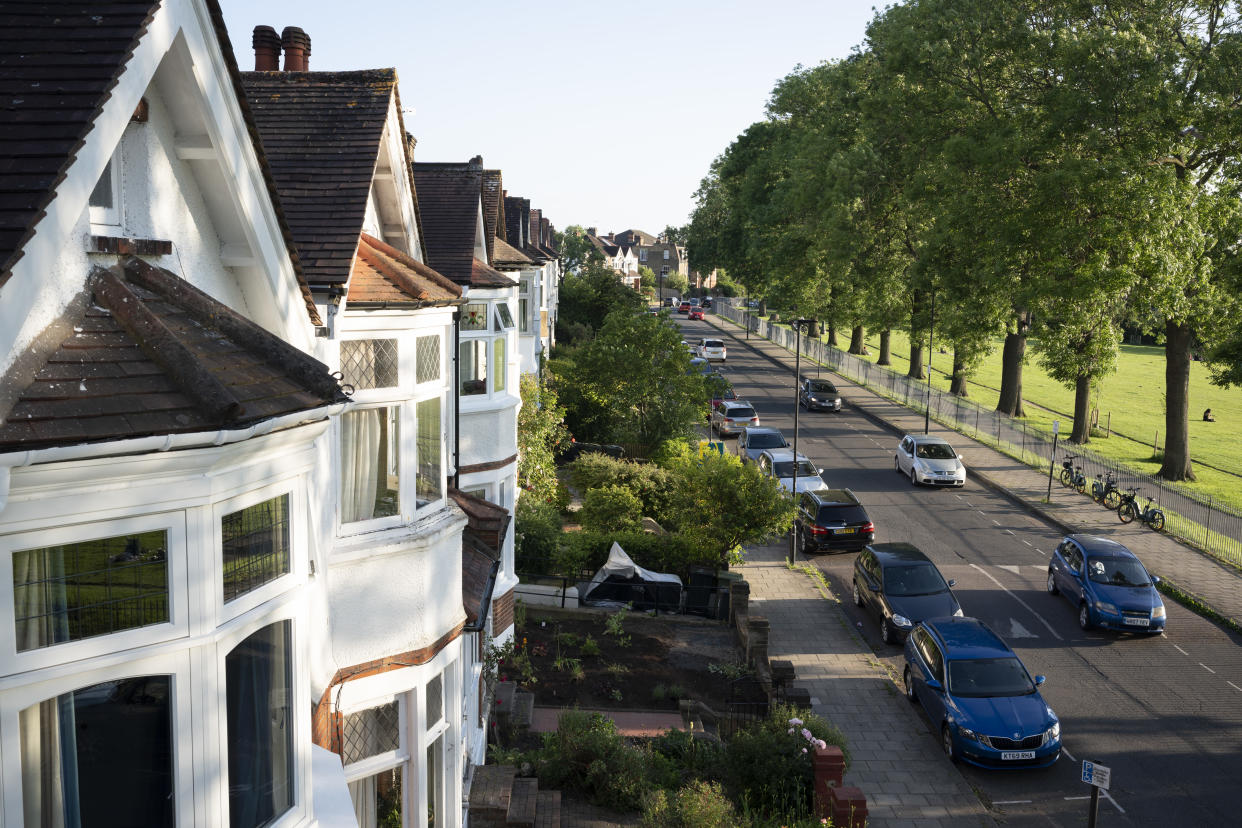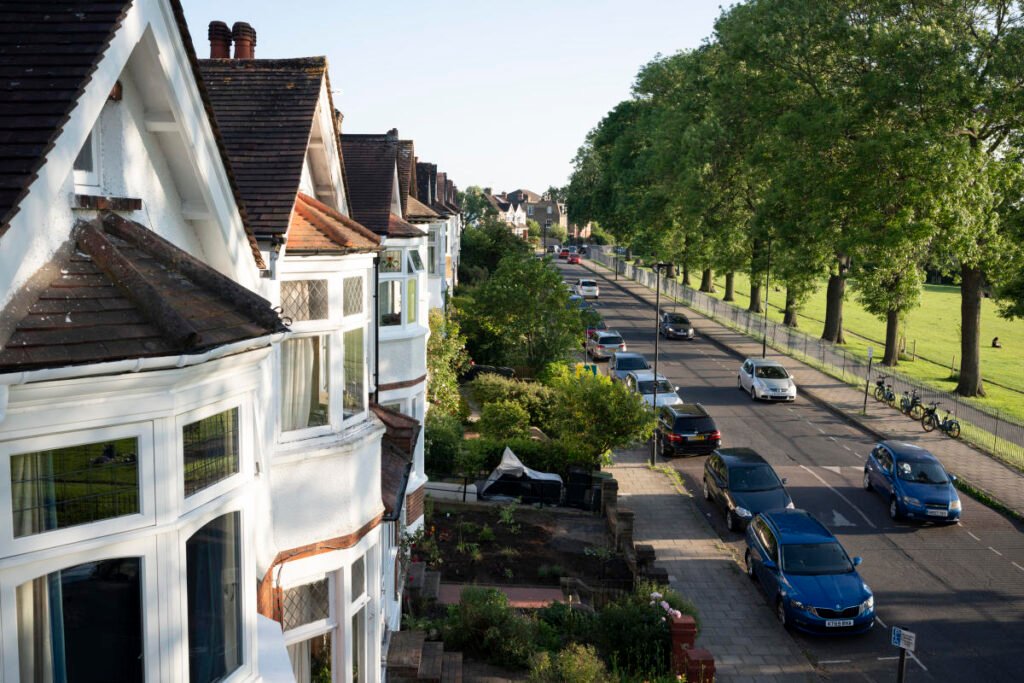
House prices across the UK have risen by 1.1% in the year to April, with the average house price now standing at £281,000, making it even harder for those hoping to jump on the housing ladder.
The Office for National Statistics said average house prices rose by 1.1% in the 12 months to April, up from 0.9% in March. Average private rents climbed by 8.7% in May, down from 8.9% in April.
It was the second month in a row with an annual increase in prices, following eight months of annual falls in prices.
In the 12 months to April 2024, average house prices increased in England to £298,000 (a 0.6% annual rise), in Wales to £208,000 (up 0.4%) and in Scotland to £190,000 (up 4.5%).
Average house prices increased by 4% annually to £178,000 in Northern Ireland.
Read more: Bank of England set to hold interest rates despite inflation hitting 2% target
Sarah Coles, head of personal finance at Hargreaves Lansdown and Yahoo Finance UK columnist, said the price increases “piles even more pressure on first-time buyers and those hoping to climb the property ladder.”
The rise in house prices is especially pronounced in new-build homes, which saw a 15.3% increase compared to a 1.3% decrease in existing property prices.
Those who are forced to rent due to being unable to afford a deposit are feeling the squeeze.
Rents increased to £1,301 (8.6%) in England, £736 (8.5%) in Wales, and £957 (9.3%) in Scotland, in the 12 months to May. In Northern Ireland, average rents increased by 10.3% year-on-year in March.
In England, rents inflation was highest in London (10.1%) and lowest in the North East (6.1%).
Across Great Britain, average rent was highest in Kensington and Chelsea (£3,397) and lowest in Dumfries and Galloway (£480).
Read more: What are Labour and the Conservatives promising on housing?
Anna Clare Harper, CEO of sustainable investment adviser GreenResi, said: “House prices have increased in nominal terms by 1.1% in the year to April, to £281,000. However, for most younger people, this is irrelevant.
“Half the UK population are under 40, and for most of these, the important question is not ‘how fast are house prices increasing?’ The question is ‘can I afford to live in a decent home?’ And the answer for most is related more to regulation than to house prices.”
Both major parties have pledged significant initiatives aimed at supporting first-time buyers. Labour plans to extend the Mortgage Guarantee Scheme permanently. Introduced by the previous government, this allows lenders to pay a fee in return for the government underwriting the riskiest part of a mortgage.
Meanwhile, the Conservatives have set a target of delivering 1.6 million new homes by 2029, surpassing Labour’s commitment of 1.5 million over the same period. Achieving these targets, which require an annual delivery of at least 300,000 new homes in England alone, hinges on substantial reforms to the planning system.
However, Coles warned about the potential risks of such schemes: “When you consider that rising new-build prices are vastly outstripping those of existing homes, it raises the risk that a new scheme could add fuel to the fire.”
Watch: How much money do I need to buy a house?
Download the Yahoo Finance app, available for Apple and Android.

